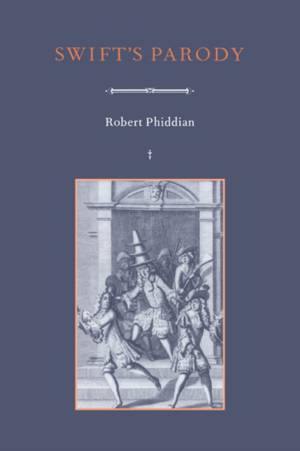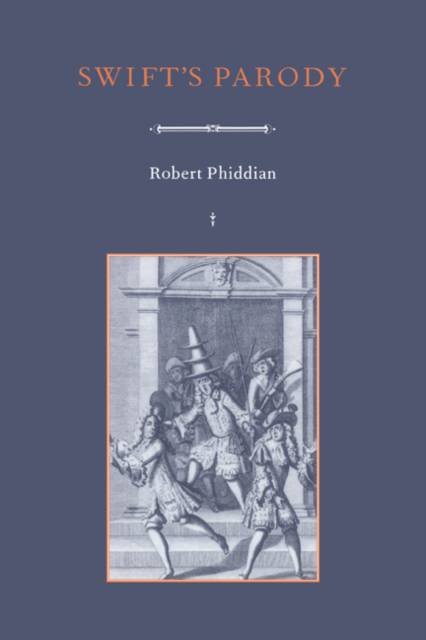
- Afhalen na 1 uur in een winkel met voorraad
- Gratis thuislevering in België vanaf € 30
- Ruim aanbod met 7 miljoen producten
- Afhalen na 1 uur in een winkel met voorraad
- Gratis thuislevering in België vanaf € 30
- Ruim aanbod met 7 miljoen producten
Zoeken
Omschrijving
Jonathan Swift's prose has been discussed extensively as satire, but its major structural element, parody, has not received the attention it deserves. Focusing mainly on works before 1714, and especially on A Tale of a Tub, this study explores Swift's writing primarily as parody. Robert Phiddian follows the constructions and deconstructions of textual authority through the texts on cultural-historical, biographical, and literary-theoretical levels. The historical interest lies in the occasions of the parodies: in their relations with the texts and discourses which they quote and distort, and in the way this process reflects on the generation of cultural authority in late Stuart England. The biographical interest lies in a new way of viewing Swift's early career as a potentially Whiggish intellectual. The theoretical and interpretative interest lies in tracing the play of language and irony through parody.
Specificaties
Betrokkenen
- Auteur(s):
- Uitgeverij:
Inhoud
- Aantal bladzijden:
- 236
- Taal:
- Engels
- Reeks:
- Reeksnummer:
- nr. 26
Eigenschappen
- Productcode (EAN):
- 9780521474375
- Verschijningsdatum:
- 24/11/1995
- Uitvoering:
- Hardcover
- Formaat:
- Genaaid
- Afmetingen:
- 160 mm x 235 mm
- Gewicht:
- 471 g

Alleen bij Standaard Boekhandel
+ 345 punten op je klantenkaart van Standaard Boekhandel
Beoordelingen
We publiceren alleen reviews die voldoen aan de voorwaarden voor reviews. Bekijk onze voorwaarden voor reviews.











